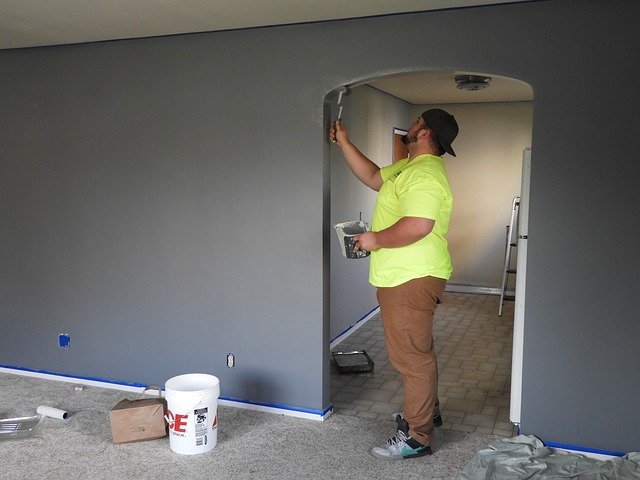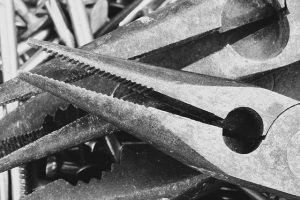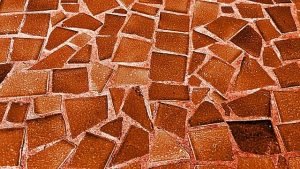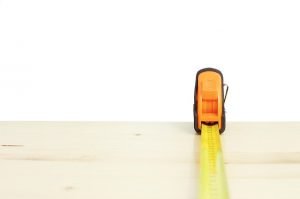
A properly functioning HVAC system is something you need in a home so you have to be sure you maintain this equipment right at all times. A lot of people spend quite a bit to fix things when they don’t work right, but could have avoided such issues if they had maintained them properly. The article below can help you about HVAC system maintenance so you will not experience this cost.
Know the name and type of system you currently have before looking for a repair person. This will enable you know that you’re able to give the contractor any information that can help them.
When you start making calls to get someone to help with your HVAC system, it’s a good idea to know what system you have before that phone call. Know the model and brand and find it’s maintenance history, if possible. This will help you give the new contractor the necessary information.
Turn it off so nothing moves.Then, take the grill off, pull the blades out, and begin cleaning the unit and them gently.
Your HVAC units might suffer when trees lose leaves. Make sure you clean out your fan grill is cleaned often once nearby trees start shedding their leaves. The fan needs to have an unobstructed path for air to enter the unit, and if debris is blocking this air flow, you will have to contend with problems.
If you are having issues with your HVAC, do a tour of your house before you call in help. Note which of your rooms are hot and which are cold. Figuring this out will the contractor to diagnose the issues and quickly get to work on fixing it.
10 Drops
Lubricate the oil ports on your condenser once a year. You can find these ports covered with rubber or metal caps covering the ports. Use SAE 20 oil that is non-detergent and lightweight, and put 10 drops or fewer in each port, putting 10 drops in each port.
Before selecting a HVAC repairman, know what you need done. This will make the quote process much easier. If you are unable to explain the work that needs to be taken care of, the conversation will be even less fruitful. So, you should know this beforehand.
Make sure you have your HVAC systems is checked twice a year. This should happen in the fall and malfunctions.
Turn off outdoor condenser when it’s getting cold. This means that you should be done when the temperature drops below 60ºF to avoid damage. This can keep your system running efficiently for years to come.
In order to keep your outside condenser fan running efficiently, make sure the coils and the fan blades are cleaned before the cooling season begins. Before you do clean the coils and fan blades, always take the precaution of turning off all power to the unit. In addition, always remove all debris such as leaves from the outside condenser unit.
Air conditioners sometimes ice up at times. The drain line might also freeze up.If this is something you notice, switch your thermostat to fan only to disable the compressor. You can call a HVAC professional, but switching to the fan setting should start to melt the ice.
Look for calculators online to truly understand what size of unit is necessary for your room or home. Look in the manual to determine the recommended size for this information.
Don’t get grass clippings on your outside unit. Get the grass shot away from your unit. The same goes for blowing leaves, so always be careful if you are moving debris near your HVAC devices.
There are now different online sites that let customers talk about their service experiences. This is an excellent method of finding contractors that you wish to work with as well as those that you want to avoid.
Hvac System
Leaves and debris can damage your system. During this time of year, check and clear off the fan grill on your unit on a regular basis. The fan must be unobstructed to work properly, and if it becomes blocked, it could cause your system to break down.
One of the more vital parts of your home is the HVAC system. These simple tips that you have read above can save loads of money on expensive repairs. By following some simple preventive measures to maintain your HVAC system, you can frequently reduce your risk of having to spend money on some types of expensive repairs.



